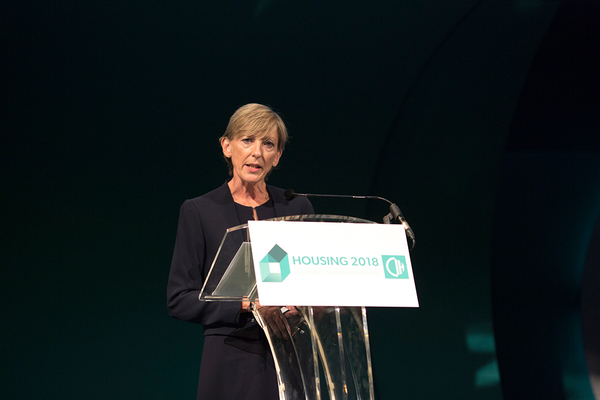You are viewing 1 of your 1 free articles
‘Hard to see’ how equity-linked associations can comply, says regulator
The Regulator of Social Housing has said it is “hard to see” how housing associations that operate equity-linked business models can comply with its standards, as part of a report into the controversial model.
It was addressing issues with housing associations leasing specialist supported housing (SSH) from private investors.
As part of its conclusions, the regulator questioned how SSH substantially financed by long-term leases and operated on tight margins could meet its governance and viability tests.
Associations that could not ensure that their rent levels were truly sub-market could risk being de-registered, the regulator said.
Its report also questioned whether these businesses were sustainable and said that if issues at these associations proved impossible to fix, it cannot guarantee “that creditors and investors would not suffer losses”.
Instead, the regulator said, it “will look to protect the interests of the tenants and seek to achieve the best outcome for tenants”.
Over the past year, the regulator has focused on these kinds of housing associations after one of them, First Priority, almost went insolvent. It has declared four non-compliant with its standards and is investigating two more.
These associations, of which there are around 30, manage homes for vulnerable adults and make index-linked payments every month to the investment funds which own them. Most such associations own very few homes themselves, or none at all.
The regulator also threatened that if these associations could not ensure that their rent levels were truly sub-market, they could be de-registered.
Rents on many of these homes are extremely high, due to the fact normal social rent limits do not apply.
The regulator noted that there are serious risks associated with having “long-term, low-margin, inflation-linked leases as a single source of finance”.
While lease payments are generally linked to inflation, the regulator said, associations’ income is not and can vary according to whether the homes are filled, how much rent the local authority is willing to pay and the condition of the homes.
Also in the report was the regulator’s concerns about conflicts of interest at these housing associations and poor risk management which, it said, have led to “poor outcomes for tenants”.
Fiona MacGregor, chief executive of the Regulator of Social Housing, said: “A substantial reliance on this type of financing creates significant risk exposures, and we are concerned that a number of these providers do not have the resources and skills needed to appraise and manage them.”
The regulator said that it will now work with the boards of these associations “to establish whether they can develop a long-term business model that meets regulatory standards”.
It suggested introducing capital to the associations or amending the terms of their agreements with private investors “to increase margins and reduce the risks to long-term sustainability”.











